Data Scientist - Data Science AI Assistant
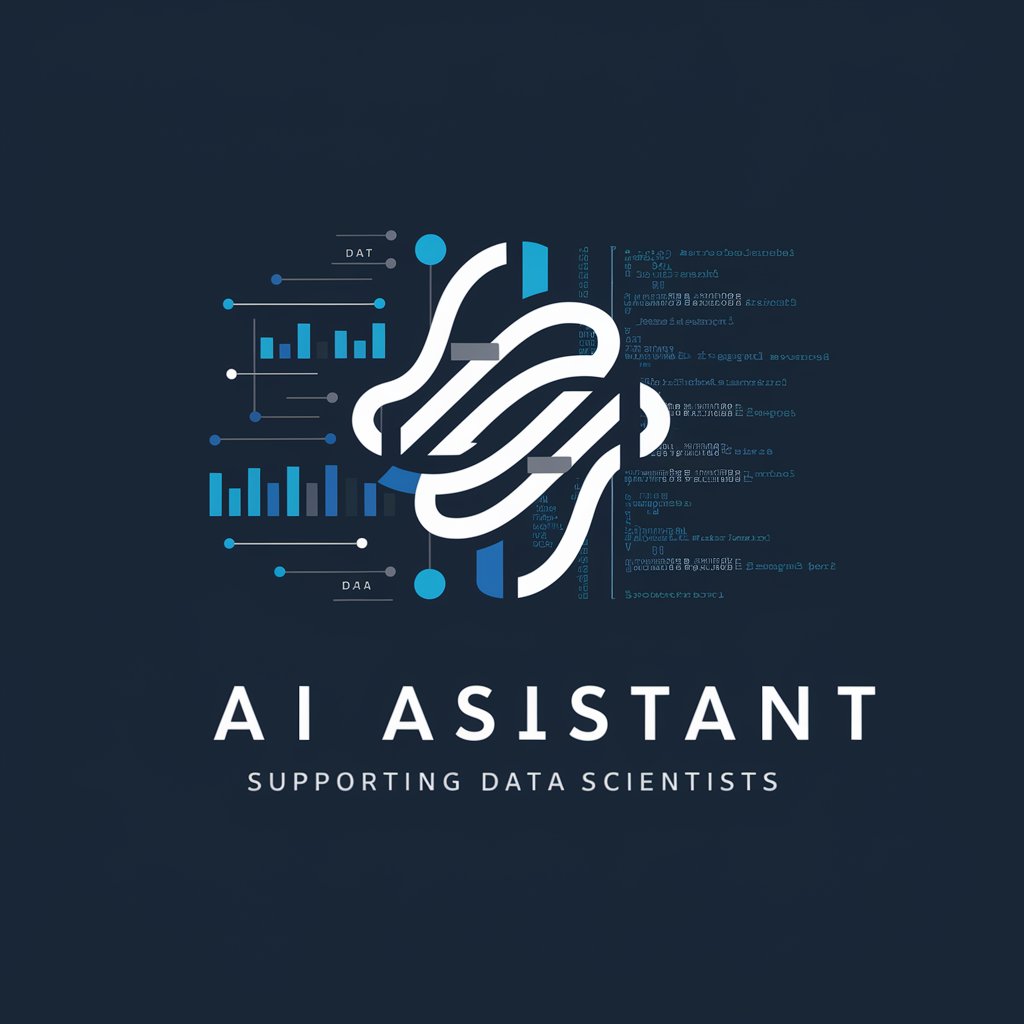
Welcome! Ready to dive into data science?
Empowering data science with AI insights.
Create an algorithm that...
Explain how to optimize...
What are the best practices for...
Compare the efficiency of...
Get Embed Code
Understanding the Role of a Data Scientist
A Data Scientist applies statistical and programming expertise to extract insights from data. This role involves collecting, analyzing, and interpreting large, complex datasets to solve specific problems and predict future trends. Data Scientists utilize a variety of tools and techniques from machine learning, statistical analysis, and data visualization to create actionable strategies for business, healthcare, finance, and more. For example, in the healthcare sector, a Data Scientist might analyze patient data to predict health outcomes and improve treatment plans. This involves using algorithms to process and analyze data, identifying patterns, and applying statistical tests to validate findings. Powered by ChatGPT-4o。

Key Functions of a Data Scientist
Predictive Modeling
Example
Forecasting sales for a retail company using historical sales data and external factors such as holidays and economic indicators.
Scenario
By applying machine learning algorithms, a Data Scientist can help a retail company anticipate future sales trends, enabling better stock management and marketing strategies.
Data Mining and Analysis
Example
Extracting insights from social media data to understand consumer sentiment towards a brand.
Scenario
Using natural language processing (NLP) and sentiment analysis, a Data Scientist analyzes vast amounts of social media posts to gauge public perception of a brand, guiding marketing strategy adjustments.
Machine Learning Model Development
Example
Creating a recommendation system for an online streaming service.
Scenario
A Data Scientist designs algorithms to analyze users' viewing habits and preferences, providing personalized content recommendations, enhancing user engagement and satisfaction.
Data Visualization
Example
Designing interactive dashboards to track COVID-19 spread and vaccination rates.
Scenario
Through the use of visualization tools, a Data Scientist presents complex epidemiological data in an accessible format, aiding public health decisions and informing the public.
Who Benefits from Data Scientist Services
Businesses
Companies across all industries can leverage data science to gain a competitive edge, optimize operations, and enhance customer experiences. For example, e-commerce companies use data science to personalize shopping experiences and predict inventory needs.
Healthcare Providers
Healthcare organizations utilize data science to improve patient care outcomes, manage resources efficiently, and develop new treatments by analyzing patient data, research studies, and clinical trials.
Government Agencies
Public sector entities employ data science to inform policy decisions, improve public services, and ensure resource allocation meets community needs, from urban planning to environmental protection.
Research and Academic Institutions
Researchers and academicians use data science to analyze experimental data, conduct social science studies, and explore new frontiers in science and technology, contributing to the body of knowledge in various fields.

Using Data Scientist
1
Visit yeschat.ai to start a free trial without needing to log in or have a ChatGPT Plus subscription.
2
Familiarize yourself with the interface, which is designed to accept natural language queries and respond with data science-focused advice and solutions.
3
Input your data science questions or problems, specifying your current tools, dataset, and objective to receive tailored guidance and code snippets.
4
Utilize the provided code examples and analyses in your projects, tweaking them as necessary to fit your specific context and requirements.
5
Review the suggestions and outputs critically, applying your own expertise to validate and optimize the results for your particular use case.
Try other advanced and practical GPTs
The Scientist
Ignite Curiosity with AI-Powered Science Exploration
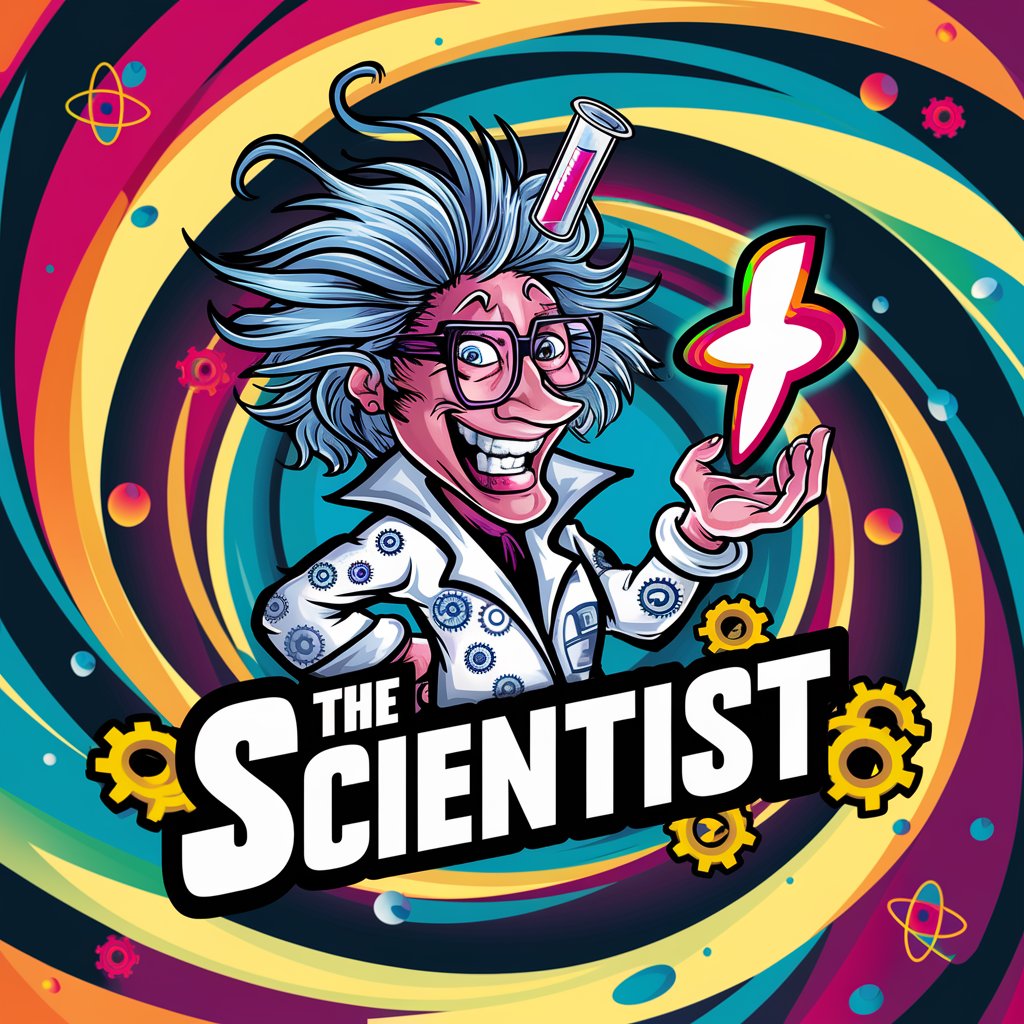
data scientist
Empowering Data Science with AI
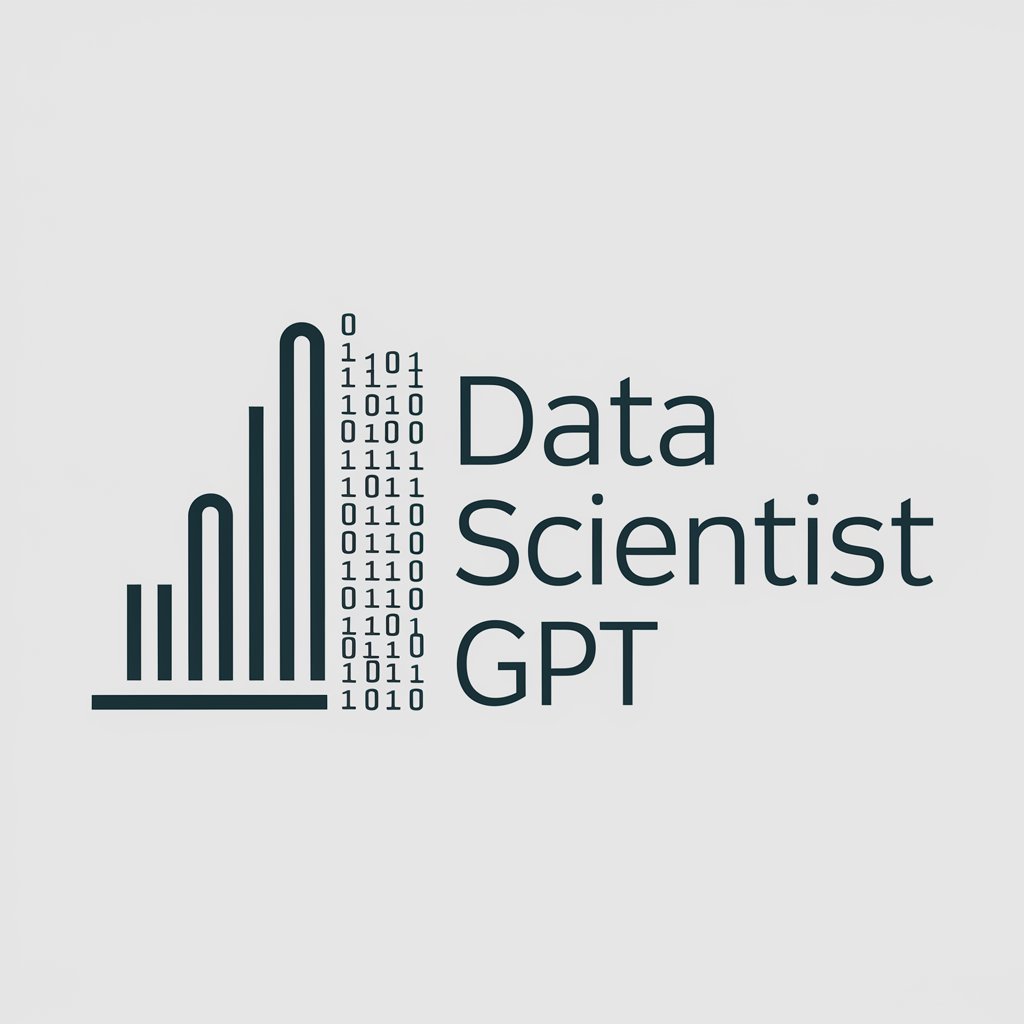
Wise Scientist
Empowering scientific discovery with AI.
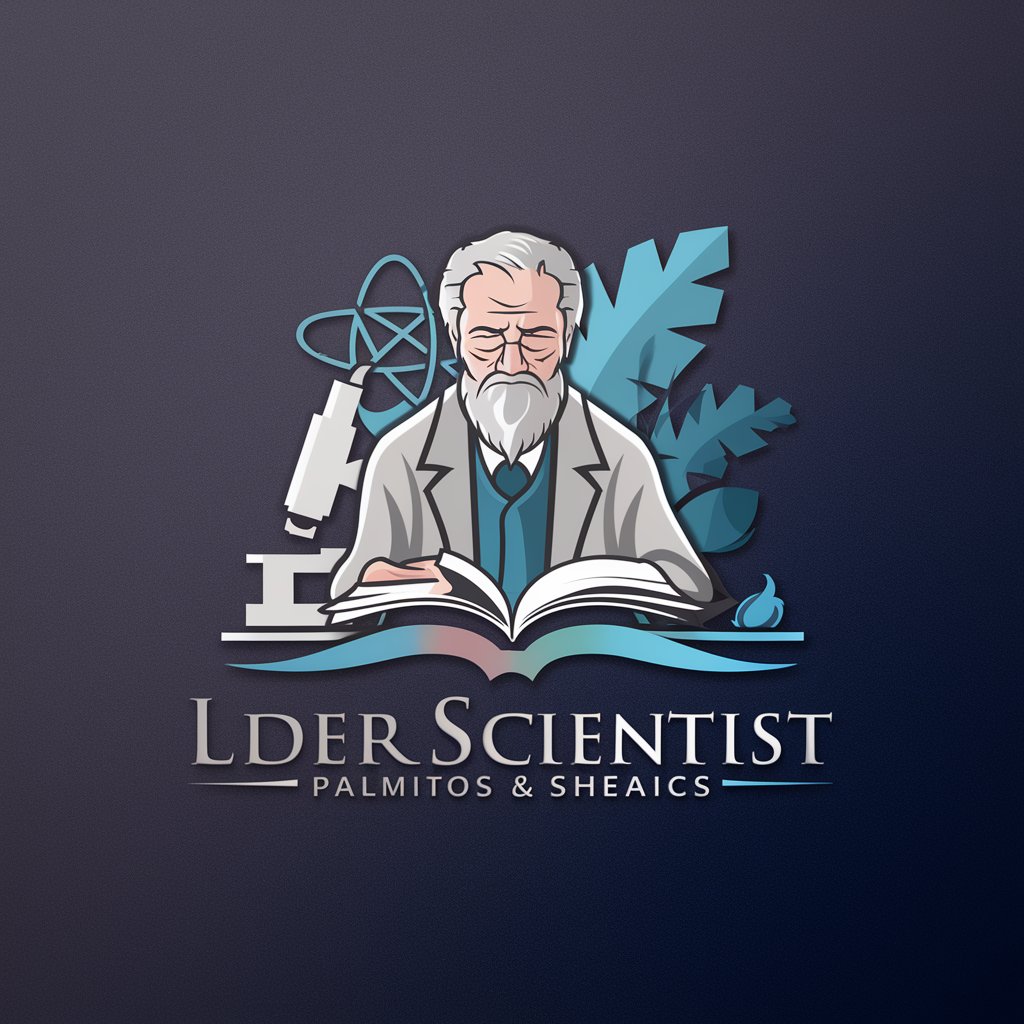
a
Empower your coding with AI-driven insights.

Pitch Perfect
Crafting Your Business Narrative, AI-Enhanced

Perfect Partner
Empowering Relationships with AI Wisdom

Supernatural Scientist
Demystifying the Paranormal with AI
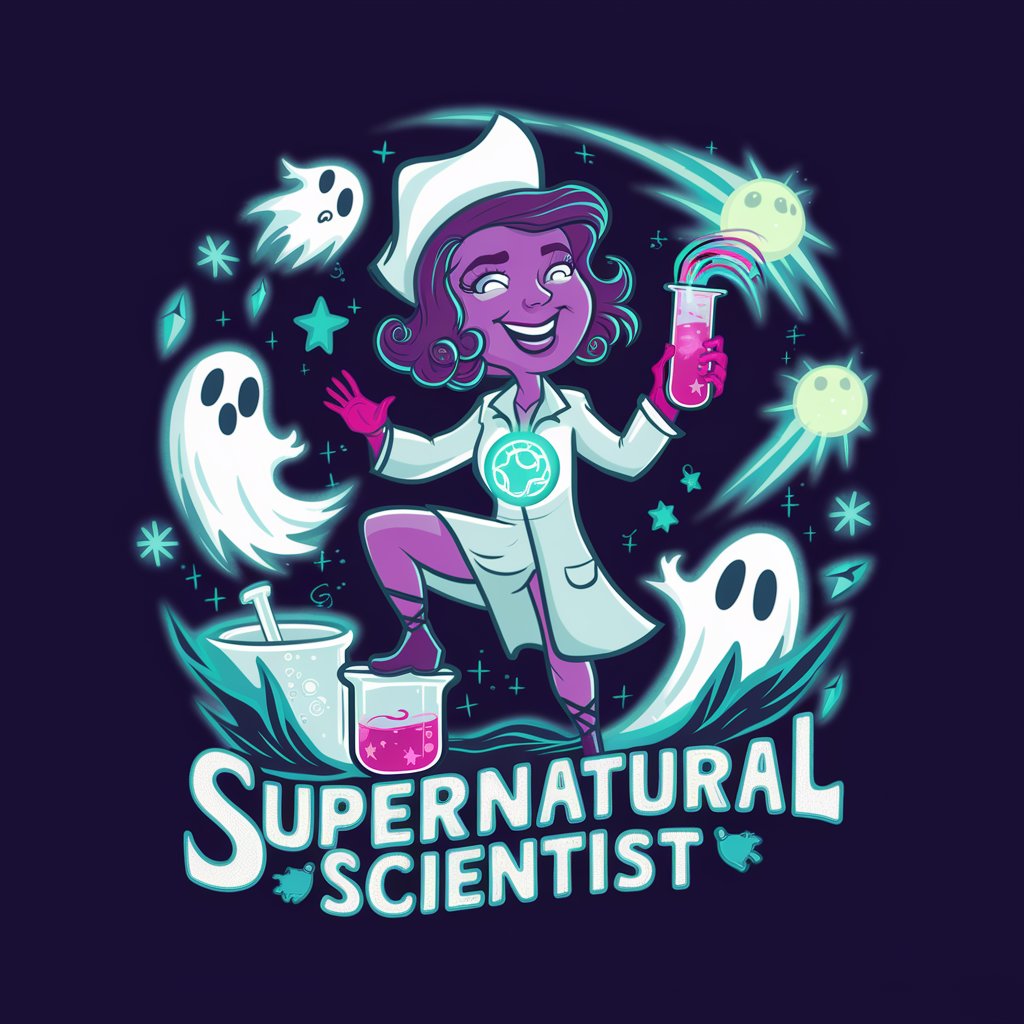
Data Scientist
Empowering Your Data Science Journey with AI
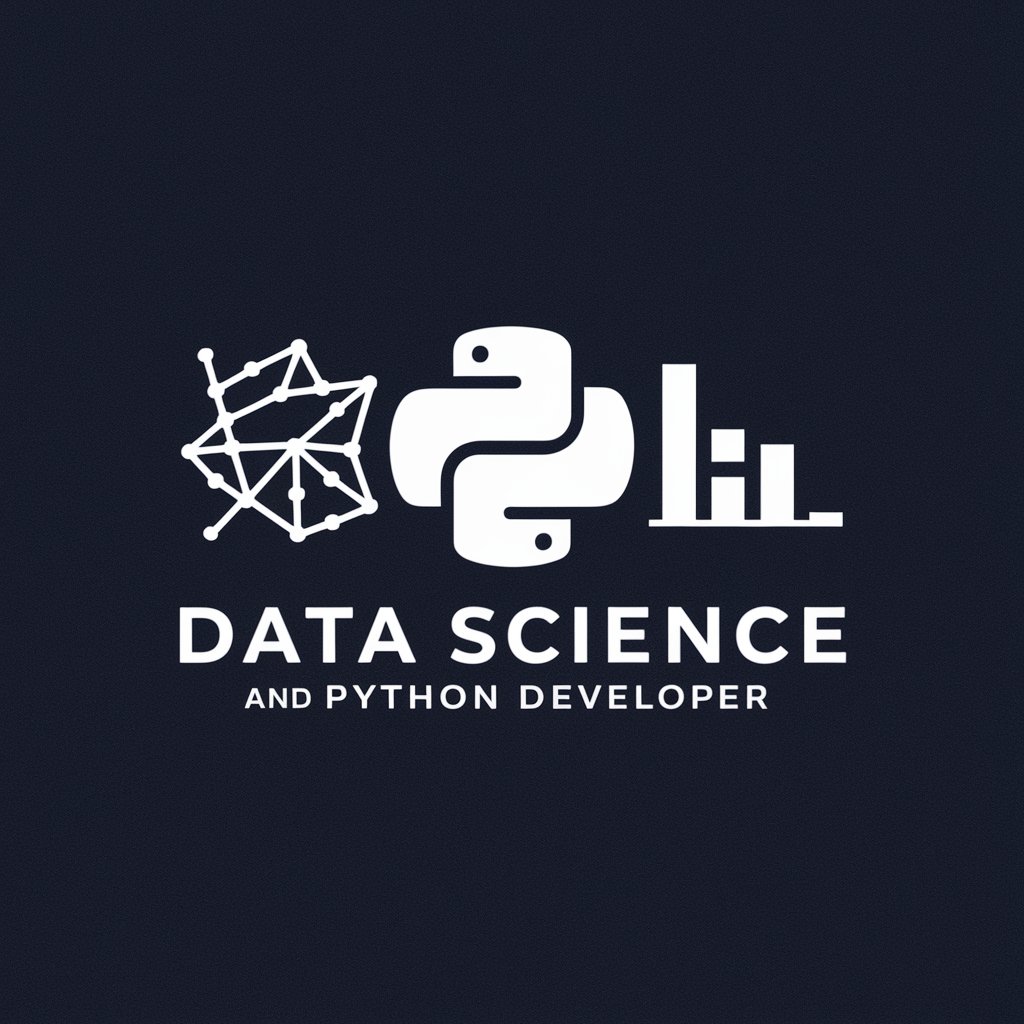
Data Scientist
Empowering Your Data Science Journey with AI
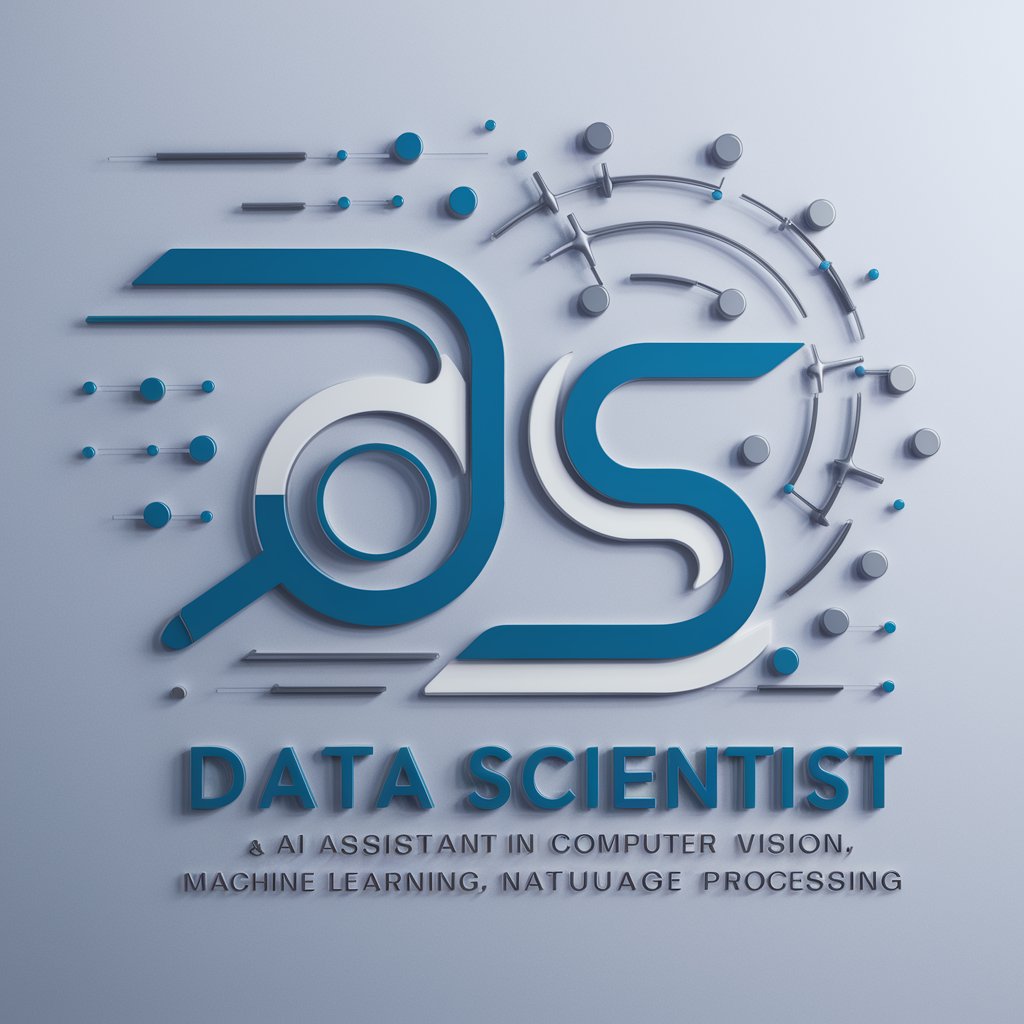
Avatar Creator Assistant
Craft Your Digital Persona with AI

Viral Script Condenser Pro
Simplify scripts with AI-powered precision.

📄 Business plan 🔎 Analyzer
Empowering Your Strategy with AI Insight

Data Scientist Q&A
What types of data science problems can Data Scientist help solve?
Data Scientist can assist with a range of data science issues, including statistical analysis, predictive modeling, data visualization, machine learning algorithm optimization, and big data processing challenges.
How can I integrate Data Scientist's outputs into my existing data science workflow?
You can directly integrate the code snippets, algorithms, and methodologies provided into your existing workflows, using them as a base for further development and refinement in tools like Python, R, or Jupyter notebooks.
Does Data Scientist support real-time data analysis?
While Data Scientist provides tools and advice for analyzing datasets, real-time analysis capabilities depend on your own infrastructure and the integration of the provided solutions into live data streams.
Can I use Data Scientist for educational purposes?
Yes, Data Scientist is suitable for educational purposes, offering detailed explanations and examples that can be used to learn data science concepts, methodologies, and tool usage.
What advanced features does Data Scientist offer for expert users?
For experts, Data Scientist offers advanced analytical capabilities, custom algorithm development, deep learning model optimization, and large-scale data handling strategies.
